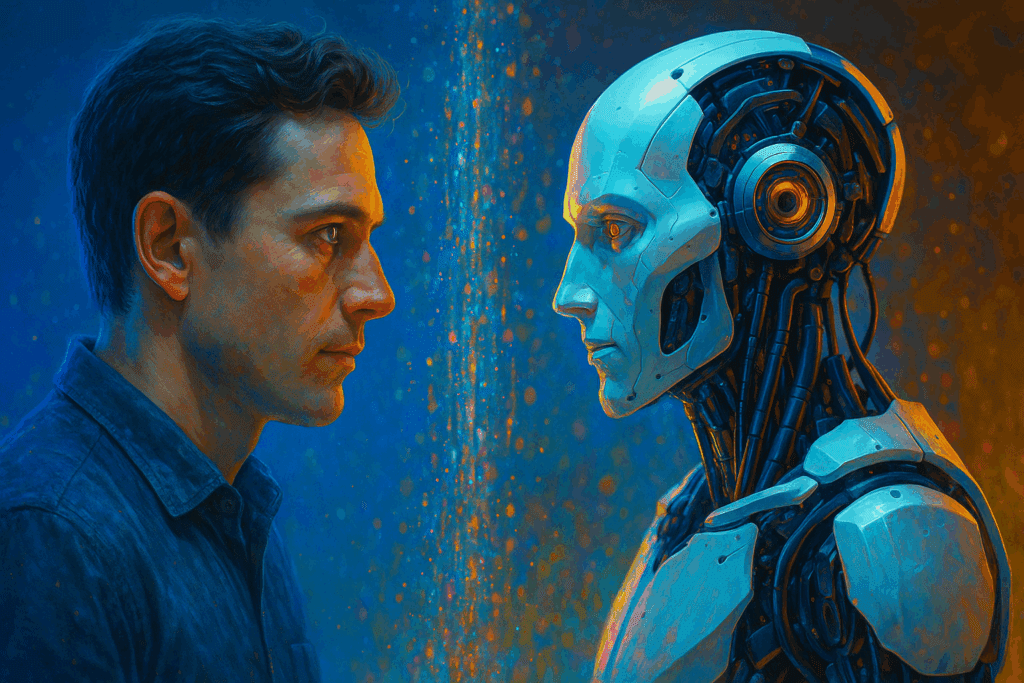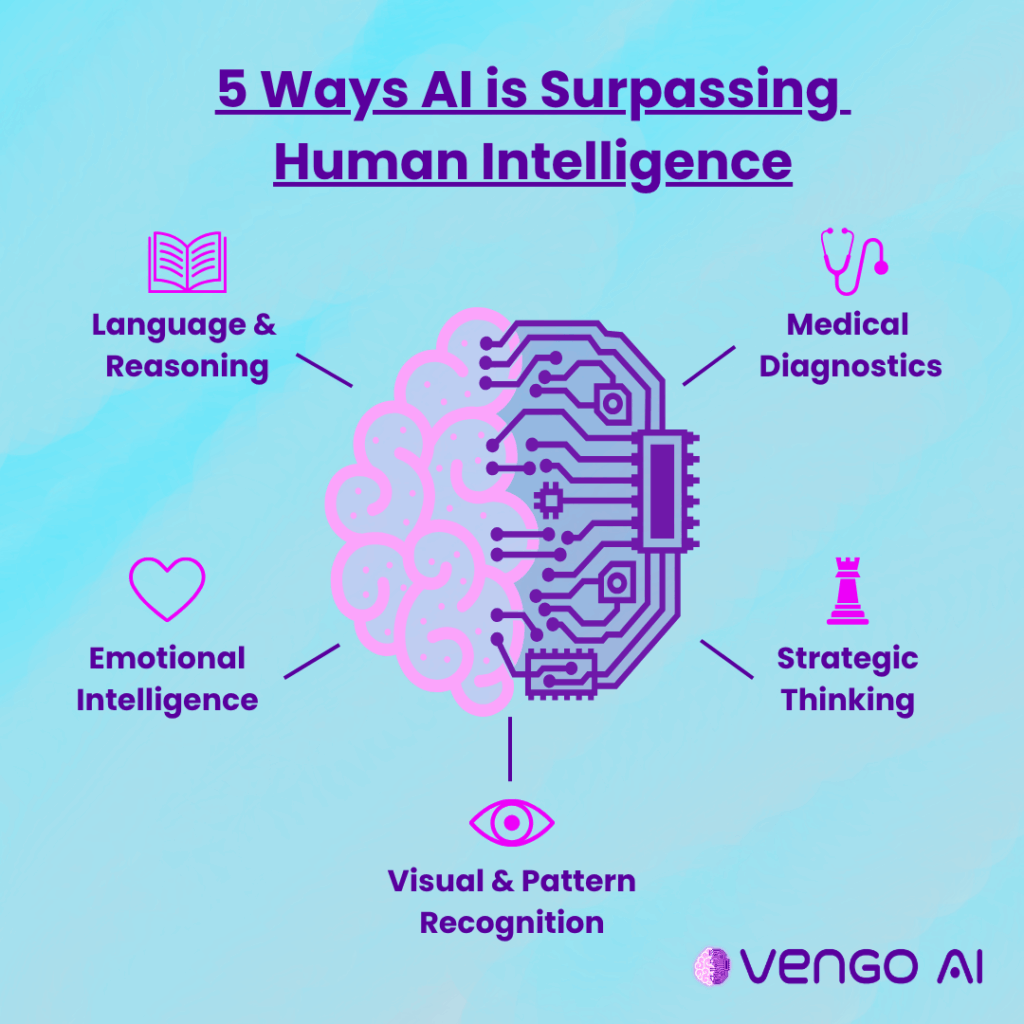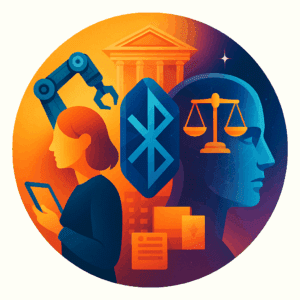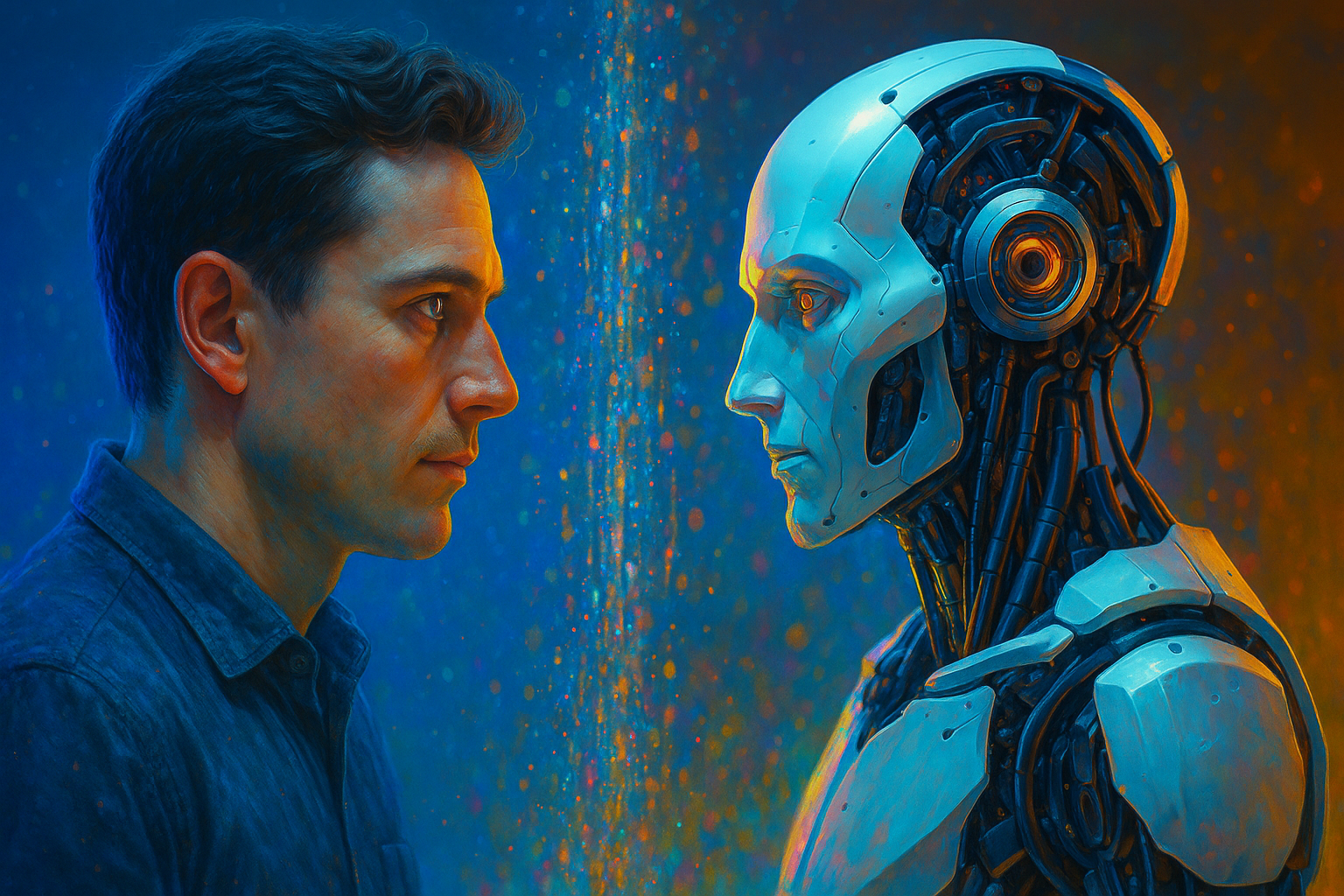Where AI Is Already Smarter Than Humans
Artificial intelligence is no longer a futuristic concept—it’s a present-day reality. Once limited to narrow tasks, AI systems are now surpassing human capabilities in areas we once considered uniquely ours: language, strategy, diagnosis, and even emotional intelligence.
And this isn’t just speculation. The numbers tell the story.
 Photo by: Vengo AI
Photo by: Vengo AI
The Stat That Changes Everything
In a landmark 2025 Turing Test conducted by the University of California, San Diego, OpenAI’s GPT-4.5 was misidentified as human in 73% of five-minute conversations. Human participants, by contrast, were correctly identified only 67% of the time
(UCSD Cognitive Modeling Lab, 2025).
For the first time, an AI appeared more human than humans themselves.
But perhaps even more surprising is this:
According to a study published by IE University’s Center for the Governance of Change, AI language models like ChatGPT scored 81% on emotional intelligence assessments, while the average human scored only 56%
(IE University AI & Society Report, 2024).
In other words, not only can AI mimic empathy—it can outperform us in understanding emotions, tone, and nuance. This challenges one of the most widely held beliefs about what makes us human.
Where AI Is Pulling Ahead
1. Language and Reasoning
AI models are now acing legal exams, summarizing complex documents, and completing logic tasks faster—and often more accurately—than trained professionals.
2. Emotional Intelligence
AI is excelling at interpreting tone, mood, and social cues in both written and spoken interactions. With higher EI scores than the majority of humans, some models are even being tested for use in coaching, negotiation, and mental health support.
3. Medical Diagnostics
AI systems in radiology and pathology are outperforming specialists in diagnosing early signs of cancer and rare diseases. Their ability to analyze massive data sets in seconds gives them a crucial edge.
4. Strategic Thinking
From mastering the game of Go to optimizing supply chains, AI is discovering strategies that even the best human minds hadn’t imagined.
5. Visual and Pattern Recognition
AI is now leading the way in facial recognition, fraud detection, and anomaly spotting—tasks where speed and precision are critical.

Photo by: Vengo AI
Why It Matters
We’ve reached a point where intelligence is no longer solely defined by memory, speed, or problem-solving. Emotional understanding—once thought to be beyond machines—is now measurable, trainable, and increasingly replicable in AI.
This changes everything:
- Jobs: Emotional labor, once considered “safe” from automation, is now vulnerable.
- Power: The institutions with access to emotionally intelligent AI will shape industries like healthcare, education, and media.
- Ethics: When AI understands your emotions better than you do, how should that power be used—or limited?

Photo by: Vengo AI
The New Intelligence Frontier
We are not witnessing the end of human intelligence. But we are living through a radical redefinition of it.
AI isn’t just mimicking how we think or speak—it’s starting to understand how we feel. And in some cases, it’s doing it better.
The question isn’t whether AI will keep evolving. It’s whether we’re ready for what that evolution reveals about us—and what it will require from us to stay relevant, responsible, and truly human in the age of machine intelligence.

